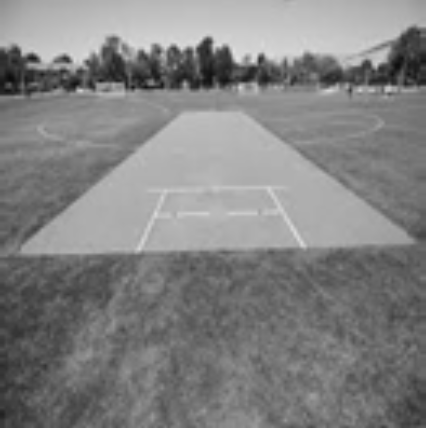


Indian Journal of Science and Technology
Year: 2020, Volume: 13, Issue: 34, Pages: 3586-3599
Original Article
Waqar Ahmed1,2, Mahwish Amjad3, Khurum Nazir Junejo4, Tariq Mahmood5, Ayaz H Khan6*
1PhD Student, Pattern Analysis and Computer Vision Department, Instituto Italiano di Tecnologia, Genova, Italy.
2PhD Student, Universita degli Studi di Genova – Dipartimento di Ingegneria Navale, Elettrica, Elettronica e delle Telecomunicazioni, Genova, Italy.
3PhD Student, Department of Computer Science, Institute of Business Administration, Karachi, Pakistan.
4Head of Research & Development, Love for Data, Karachi, Pakistan.
5Associate Professor, Department of Computer Science, Institute of Business Administration, Karachi, Pakistan.
6Assistant Professor, Computer Science Department, Habib University, Karachi, Pakistan. Tel.: +92-331-847-0261
*Corresponding author
Tel: +92-331-847-0261
Email: [email protected]
Received Date:07 June 2020, Accepted Date:27 July 2020, Published Date:24 September 2020
Cricket is the second most popular game around the globe, particularly it breeds a high level of enthusiasm in Asia, Australia and UK. However, it is generally known and globally mentioned that Pakistan is an “unpredictable” cricket team, which leads to extreme reactions from the citizens in case of a loss, e.g., verbal anger, breaking of television sets and burning of players’ effigies. Objectives: In this study, we leverage machine learning techniques to demonstrate that the use of the “unpredictable” tag for Pakistan’s cricket performance is unjustified as the match outcome can be predicted with a pretty high confidence. Method: We produce a new dataset by scrapping latest statistics from cricinfo.com, the most reliable online source. Also, we propose a novel feature “consecutive wins” that incorporates recent performance trend of the team. With extensive experimental setup, state-of-the-art machine learning methodology was employed to prove effectiveness of proposed tool. Findings: Pakistan’s cricket performance can be predicted with 82% accuracy, i.e., it is possible to understand the patterns (in advance) which may lead to a winning or losing situation. Hence, using pre-match analysis, it is possible to avoid any prejudiced opinion or potentially dangerous reactions. Novelty: We employ state-of-the-art machine learning methodology based on application of various algorithms, feature selection and data splitting methods. Eventually, state-of-the-art prediction accuracy is achieved by exploiting all potential avenues in a structured way.
Keywords: Cricket, one day international, Pakistan, machine learning, performance, unpredictable
© 2020 Ahmed et al. This is an open-access article distributed under the terms of the Creative Commons Attribution License, which permits unrestricted use, distribution, and reproduction in any medium, provided the original author and source are credited. Published By Indian Society for Education and Environment (iSee).
Subscribe now for latest articles and news.